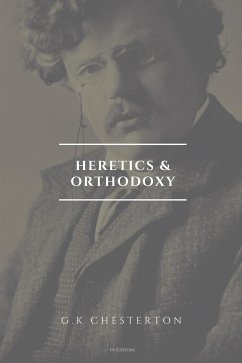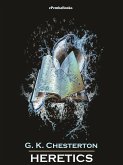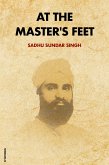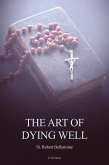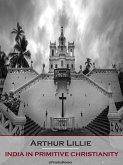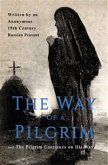*** Premium Annotated Ebook including a biography and quotes from the author ***
Heretics, a collection of 20 essays originally published in 1905, is one of Chesterton's most important books. It is a work that serves to point out the 'heresies' contained within the popular veins of thought surrounding him in society. The topics he touches upon range from cosmology to anthropology to soteriology and he argues against French nihilism, German humanism, English utilitarianism, the syncretism of "the vague modern", Social Darwinism, eugenics and the arrogance and misanthropy of the European intelligentsia.
Together with Orthodoxy, this book is regarded as the finest flagship of his corpus of moral theology; a binary system in the cosmos of western philosophy.
Heretics, a collection of 20 essays originally published in 1905, is one of Chesterton's most important books. It is a work that serves to point out the 'heresies' contained within the popular veins of thought surrounding him in society. The topics he touches upon range from cosmology to anthropology to soteriology and he argues against French nihilism, German humanism, English utilitarianism, the syncretism of "the vague modern", Social Darwinism, eugenics and the arrogance and misanthropy of the European intelligentsia.
Together with Orthodoxy, this book is regarded as the finest flagship of his corpus of moral theology; a binary system in the cosmos of western philosophy.

